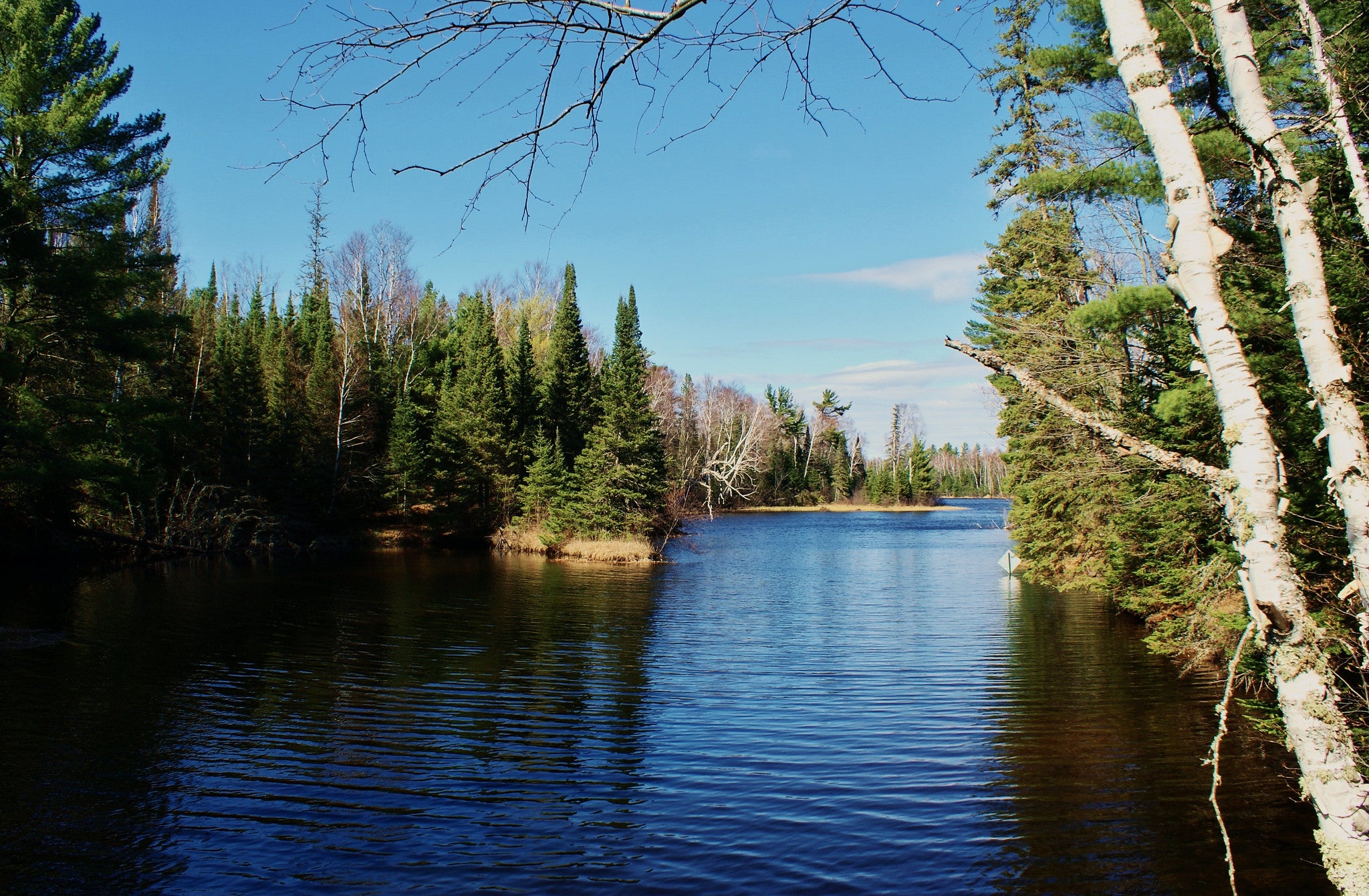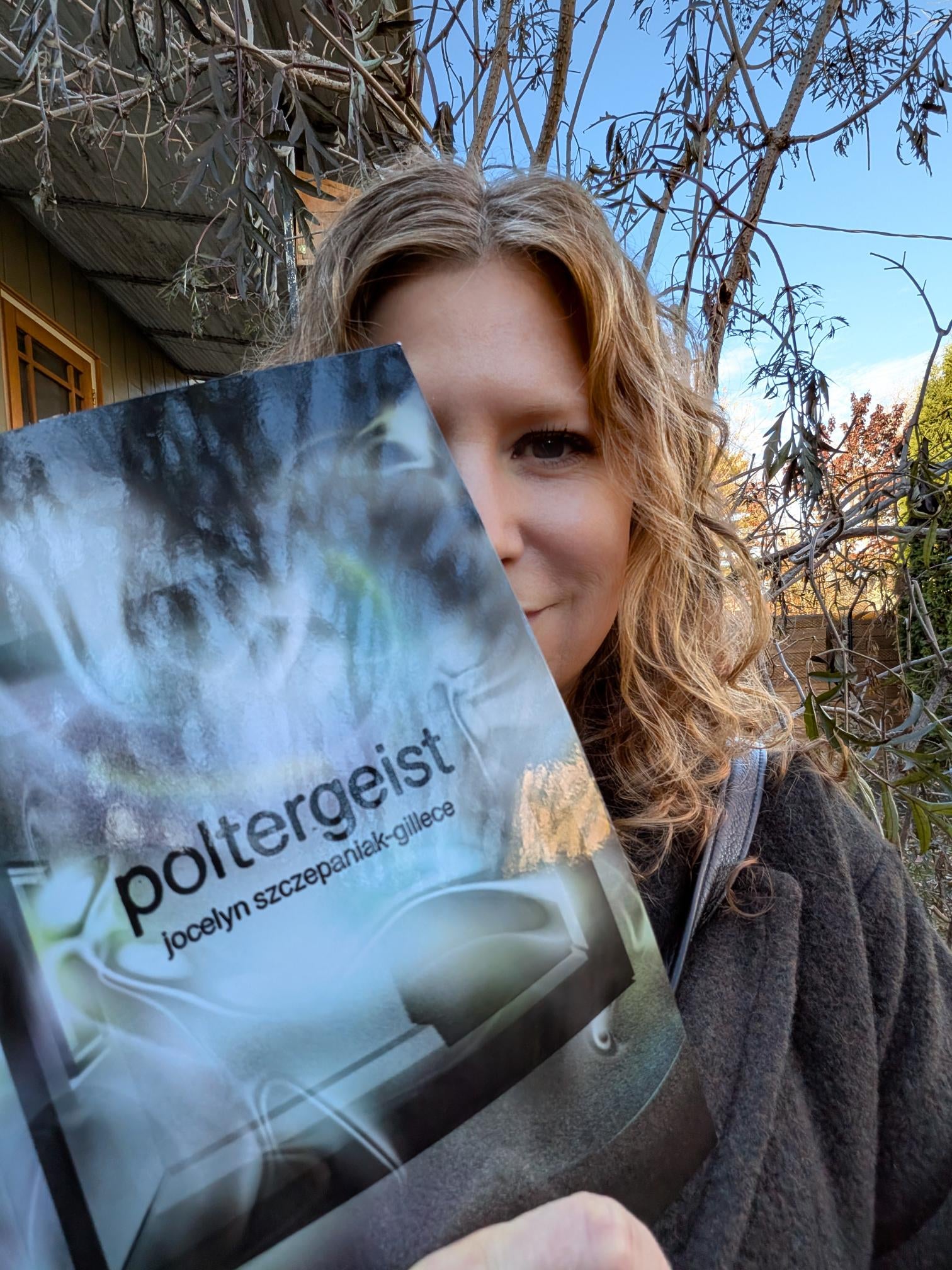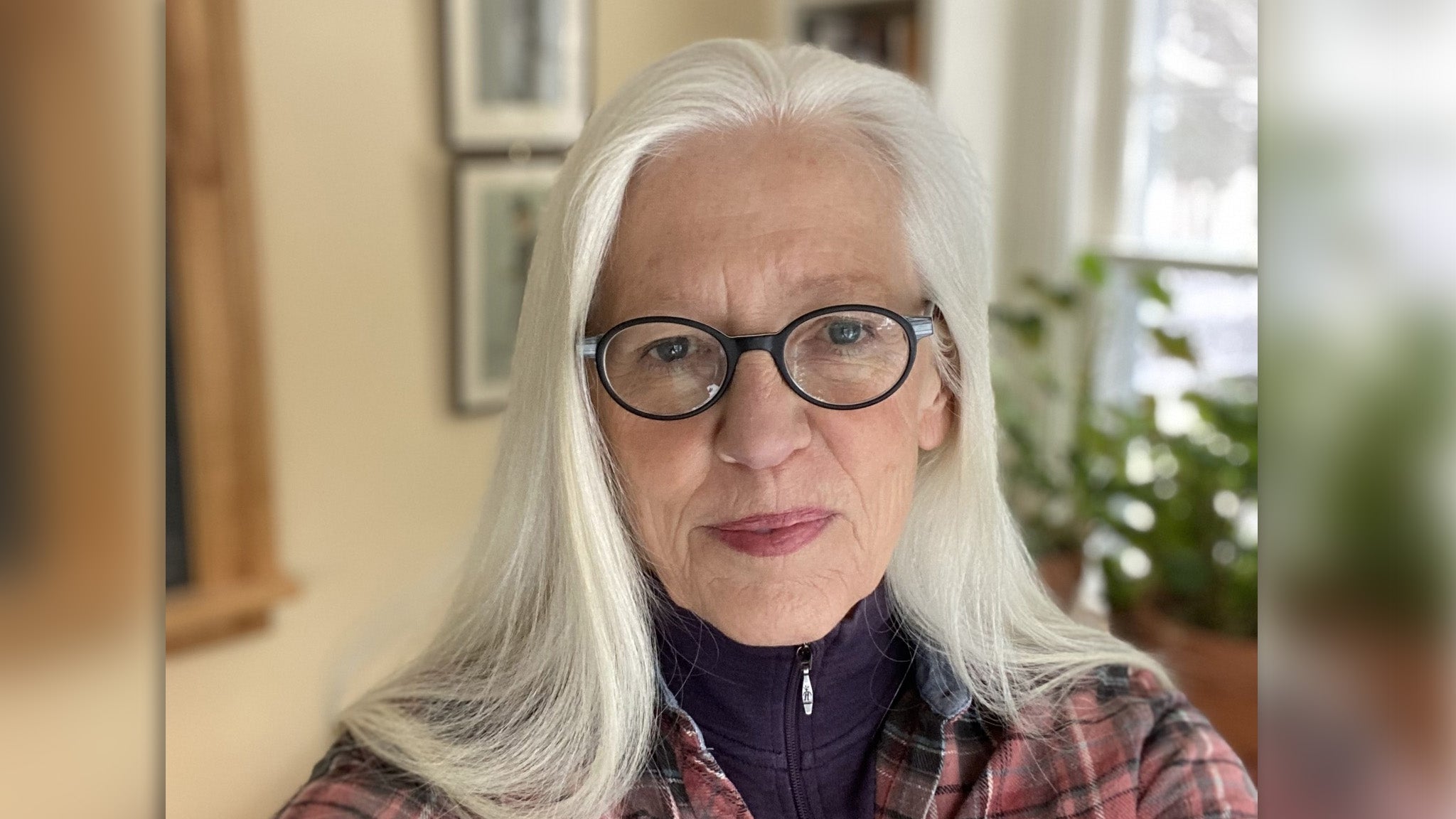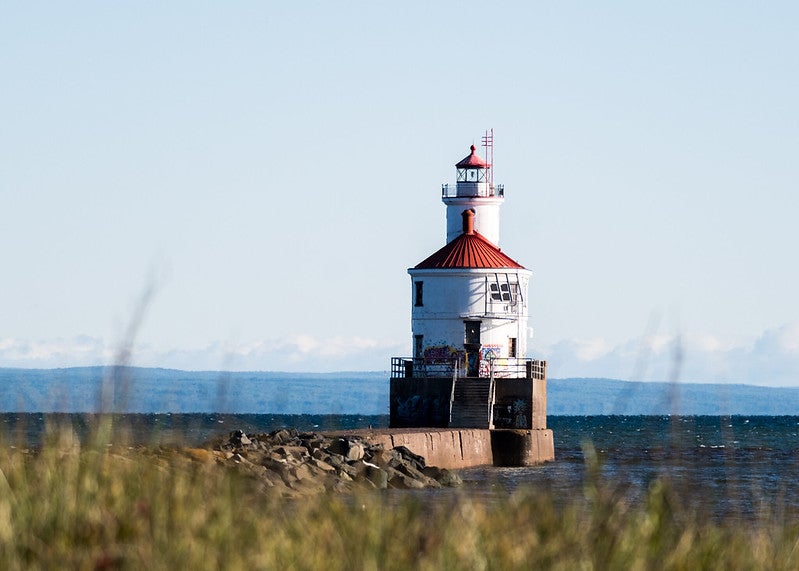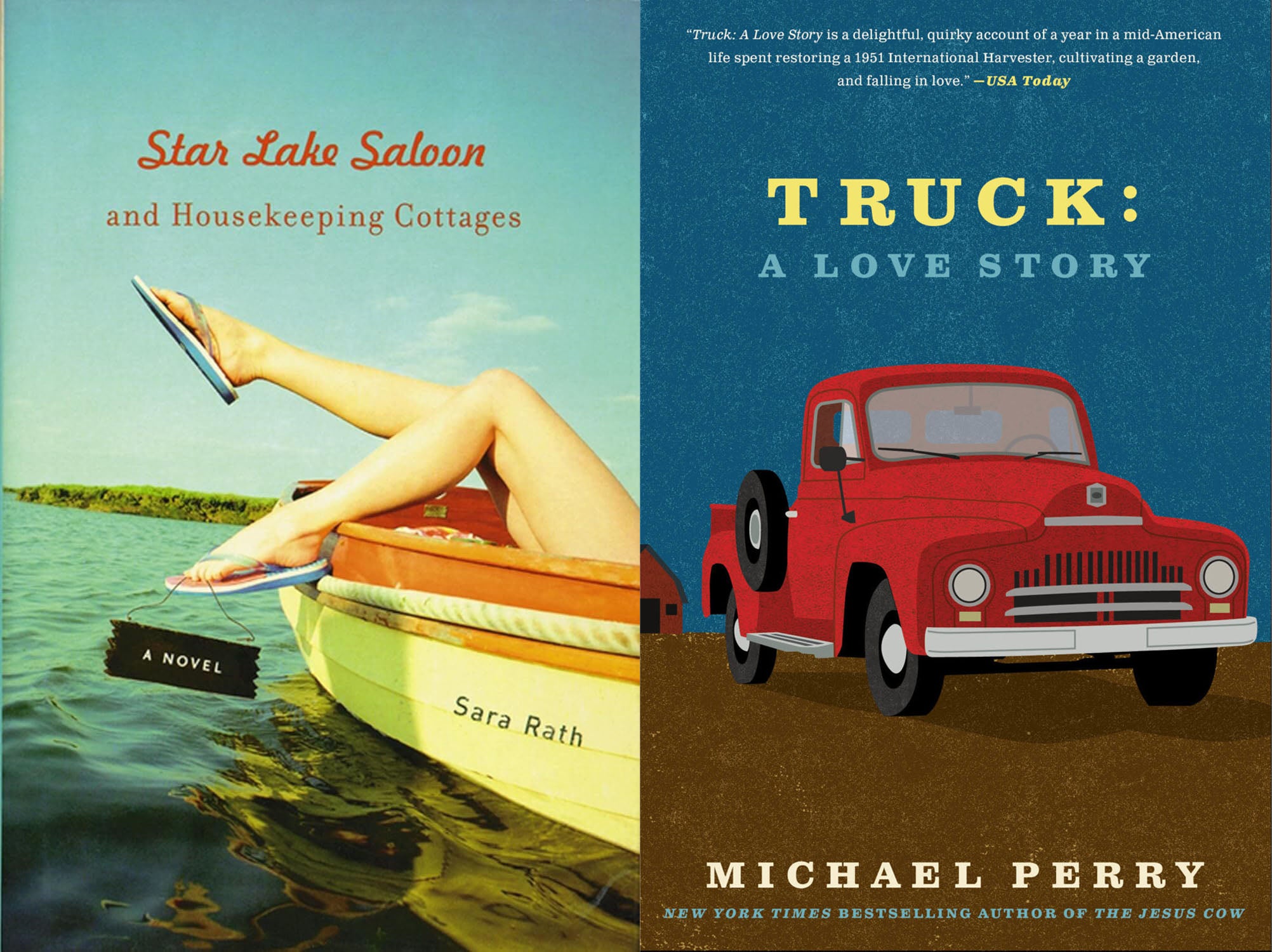The Northwoods take a central role in Wisconsin author Andrew Graff’s new novel, “Raft of Stars.”
Graff, a graduate of Lawrence University and the Iowa Writers’ Workshop, grew up fishing, hiking and hunting in the Northwoods — those experiences set the scene for his novel following two boys after they commit a crime and flee to the woods.
He recently spoke with WPR’s Larry Meiller about his book, where he drew inspiration and his writing process.
News with a little more humanity
WPR’s “Wisconsin Today” newsletter keeps you connected to the state you love without feeling overwhelmed. No paywall. No agenda. No corporate filter.

The interview has been edited for brevity and clarity.
Larry Meiller: Tell us about the story.
Andrew Graff: At its heart, “Raft of Stars” is a wilderness adventure story. And at the core of the story, are two young protagonists nicknamed Bread and Fish, two 10-year-old boys. One of the boys has an abusive father and the other very early on, takes things into his own hands. A gunshot rings out and both boys are forced to flee into the wilderness in the Northwoods of Wisconsin.
Then there are two other adult cast of characters pursuing the boys down river on horseback and on canoe and through the forest. The first is one of the boys’ grandfathers who’s a woods-wise Korean War vet, and he’s accompanied by the county sheriff, who’s a transplant to the Northwoods, and he’s kind of doing a really poor job of being out in that forest.
And then the other group of characters that pursues the boys consists of some really strong female characters. One is one of the boys’ mothers, who is very fierce, and her pursuit of her son begins to border on recklessness as the story goes on. And who can blame her? And she’s accompanied in the canoe by the local gas station attendant, who is an aspiring poet and has purple hair.
These three groups are traveling down river in one way or another, and to me, I think one of the questions they’re asking and trying to answer in their own way is, “Am I going to make it? Am I going to be OK in this relationship? In this canoe? In this community or cosmos?” And ultimately, I hope “Raft of Stars” is a book that tries to answer that and take care of the reader as it does.
LM: The Northwoods aren’t necessarily a forgiving landscape. Tell me about how you used the landscape to develop each of the characters’ personalities.
AG: I really loved writing about the landscape. A big part of this book for me, was just writing a love letter to the Northwoods. It’s home, and it was so enjoyable to close my eyes and write my way along a riverbank again. And I think the wilderness interacted very quickly with the characters in the sense that all these characters are lost in the woods, eventually, both literally and figuratively, they’re lost in the forest.
The wilderness, or at least really big woods or a powerful river, has a way of helping us shed our egos, we become very vulnerable very quickly. And I think all of the different characters in this story had to shed something as they went down river in order to sort of show up with their best selves by the story’s end. And so the wilderness, the threat of the wilderness and also the providence, the provision of the wilderness, helped these characters transform in ways that they came out better rather than worse at the end of this adventure.
LM: Tell me about how you selected the boys’ nicknames, Bread and Fish.
AG: I think it resonates with me in two different ways. The first is that there are slight supernatural aspects in the story, the way that the wilderness shows up and provides at different points in a nearly miraculous way. So the echoes in there for me are with the story of Christ feeding the people with loaves and fish. But more than that, also, I just wanted to write a sort of elemental novel, or atmospheric might be another word for it, where the reader can experience the river. I wanted it to be all gravel and coyote howls and the smell of clover and cedar trees. And there seems something elemental and basic and simple also about those nicknames, Bread and Fish, the most simple of meals.
LM: Another character in the story is Fish’s dad, a soldier. And you served in Afghanistan, did that help inform your storyline or come about because of your experiences there?
AG: Yeah, I think it did. I was in Kandahar, Afghanistan, with the United States Air Force in the early 2000s. And I was a young guy then. I was 19, 20 years old. I wasn’t married. I didn’t have a family. But other older sergeants and officers did. So I would watch them go have these grainy satellite calls once every week or two weeks with their family members back home. And I was able to see the real toll that that took to be separated, to be that far away. And I think experiencing that helped me write his father into this story, and the toll that it took on their family for him to be continually deployed for longer and longer periods of time.
LM: What’s the best way to write? Is it just as important to read as it is to sit down and write?
AG: That’s spot on. Just absorbing as much storytelling as you can, particularly the type of storytelling that you want to write. I heard someone say once, “I don’t pick up William Faulkner and try to write like William Faulkner because it just wrecks you as a new writer.” And I think that makes good sound advice. It’s also just about dailiness, like that’s the way to get it done. It’s kind of like, in a way, laundry — maybe happier laundry. But yeah, sitting in the chair for years and writing something the best you can, and then you read it and say, “Oh, that’s not very good yet.” And they rewrite it and eventually you get somewhere good, particularly with the help of other people.
Wisconsin Public Radio, © Copyright 2026, Board of Regents of the University of Wisconsin System and Wisconsin Educational Communications Board.
